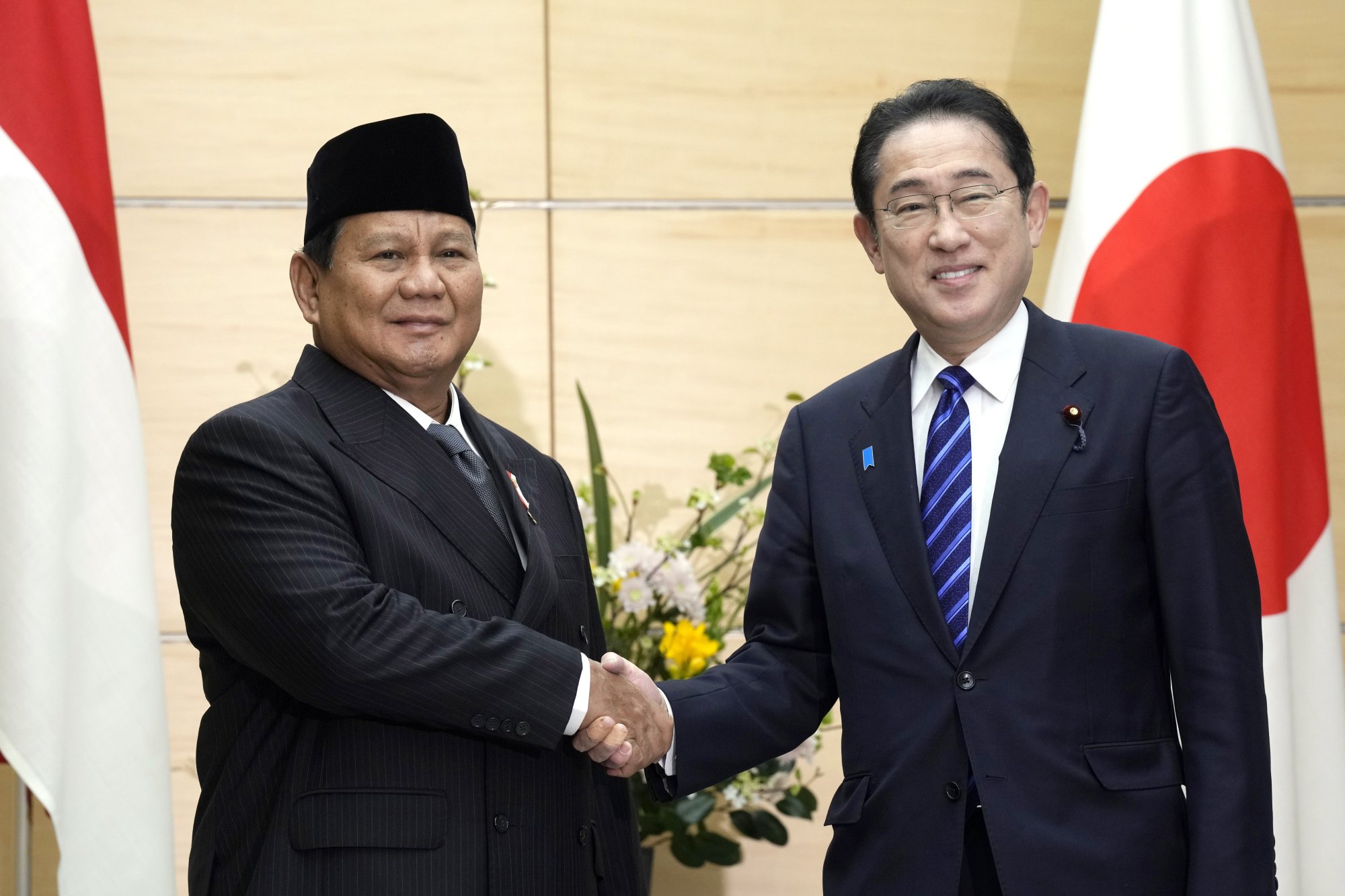“If we reflect on current conditions, Indonesia will have difficulty keeping up with OECD standards, especially in accountability and state governance,” said Muhammad Rafi Bakri, a data and financial analyst at the Audit Board of Indonesia.
Significant reforms expected
To join the group, a country must undertake significant reforms to ensure its laws, policies and practices comply with rigorous OECD standards. Observers say Indonesia’s primary challenges in meeting those standards are ensuring that its corruption levels are kept in check and that state institutions have sufficient independence.
Rafi said several state agencies, including the Corruption Eradication Commission (KPK) and the Financial Audit Agency, were still being “primarily controlled by the government”, adding that there was room for improvement in their performance.
Indonesia’s 2023 Corruption Perceptions Index score of 34 was far behind the average score of 66 achieved by OECD member countries.
Six ministers in Widodo’s cabinet have been arrested on graft charges, raising concerns about government vetting measures. Last November, Firli Bahuri was sacked as the head of the KPK after being charged with extortion.

“We have to see whether the incoming government is also committed to the efforts of meeting OECD standards,” Umar said. “I think this is possible because Prabowo made these promises in his election campaign, particularly to gain the trust of the private sector.
“But Prabowo’s government has also been accused of human rights abuses and there are concerns about democratic decline … which could pose a challenge to Indonesia joining the OECD.”

“This will be something that the Prabowo government might also have to negotiate through a back door process,” Umar said.
Why join the OECD?
Indonesia, a key OECD partner since 2007, has been on a quest to join the group since 2022.
According to Airlangga, OECD membership could fortify the country’s “Golden Indonesia” ambition to achieve advanced-economy status by 2045 – when the nation will celebrate the 100th anniversary of its independence.
According to Rafi from Indonesia’s audit board, the OECD can provide Jakarta with “firm policies” that would enforce accountability and governance standards.
“The OECD can set specific targets, such as how many corruption indexes must be achieved each year,” he said, adding that this pressure could encourage the government to “move in a better direction”.

OECD membership could raise Indonesia’s profile among Western businesses, said Umar, allowing the country to gain greater recognition without compromising its independent and active foreign policy approach that avoided formal alliances.
“Joining the OECD would make it easier for Western countries to engage with Indonesia … Indonesia’s current investment climate has so many regulations and bureaucratic processes that have discouraged investors from investing in Indonesia, especially from the West,” Umar said.
Dandy Rafitrandi, an economics researcher at Jakarta’s Centre for Strategic and International Studies, agreed that membership could improve investor confidence in doing business in Indonesia.
“OECD membership is expected to mainstream good regulatory practices and transparency,” he said.
Regional impact
Indonesia might also be hoping to attract more diverse investment into its lucrative commodities sector, particularly its nickel industry, which is currently dominated by China.
After Widodo’s meeting with Cormann on Tuesday, it was announced that the OECD would help develop Indonesia’s semiconductor industry, and work with Jakarta to launch the “Indonesian Economic Survey” to support its investment climate.

“I think Indonesia also wants to join the OECD because it wants to reduce its dependence on China … and it wants to show that it is … open to other economic cooperations,” Umar said.
“Accepting Indonesia as a member will make OECD more relevant and inclusive,” Dandy said. “It is also in line with OECD’s aspiration to accept more countries from the Indo-Pacific region.”

